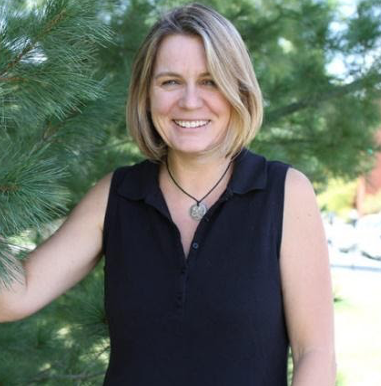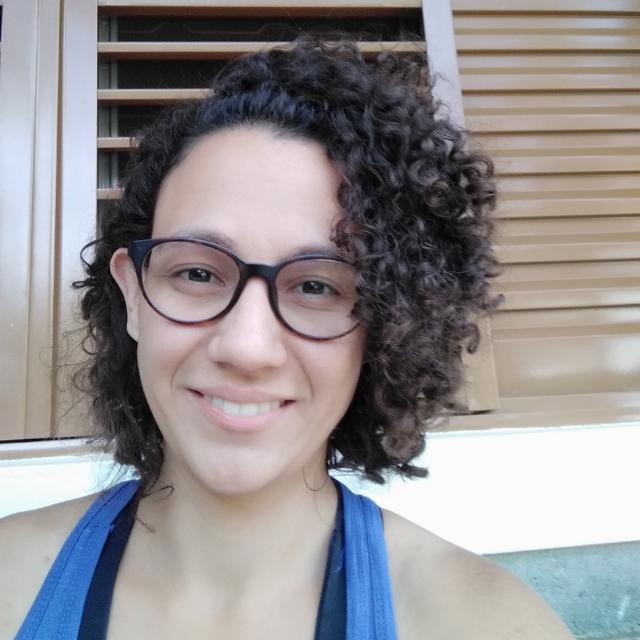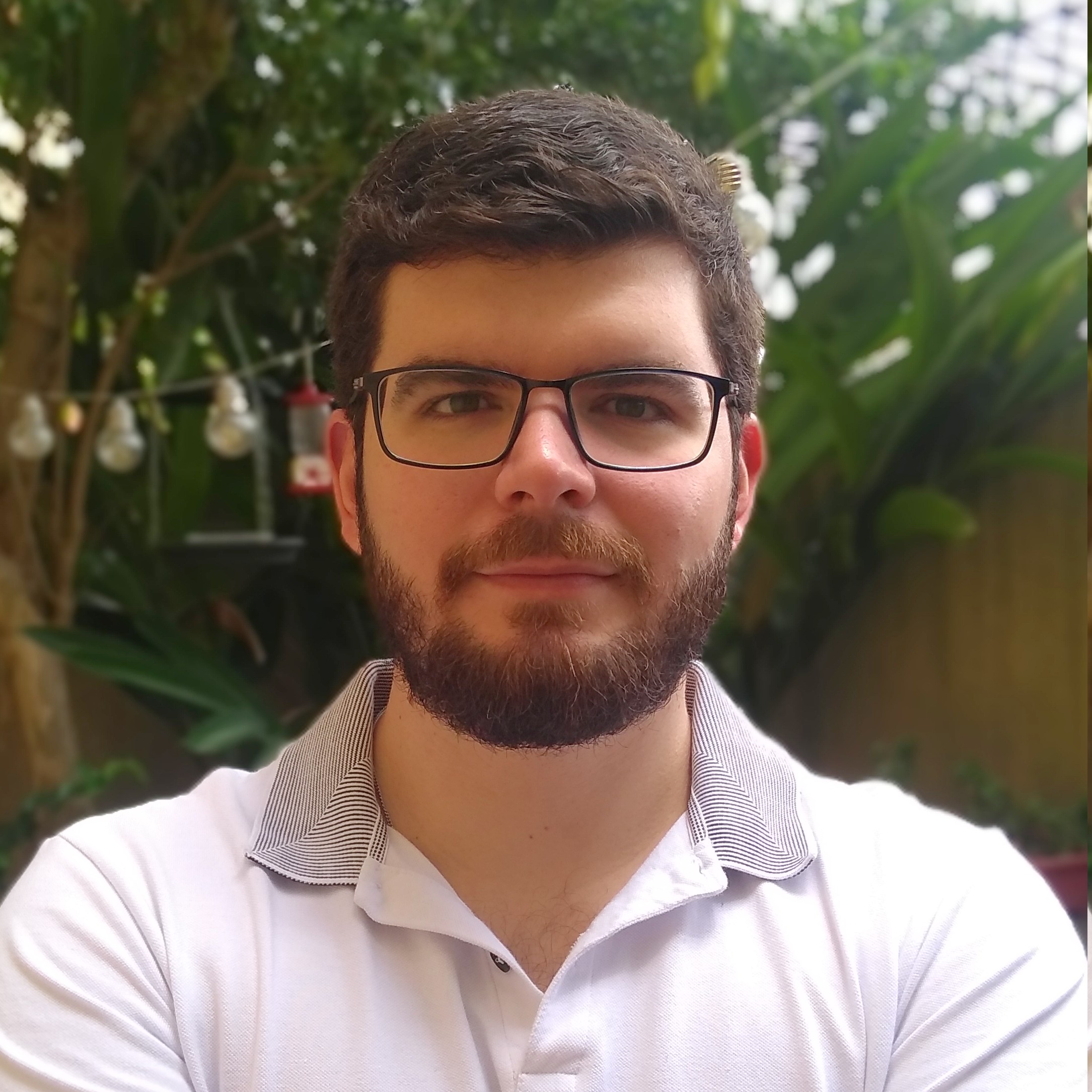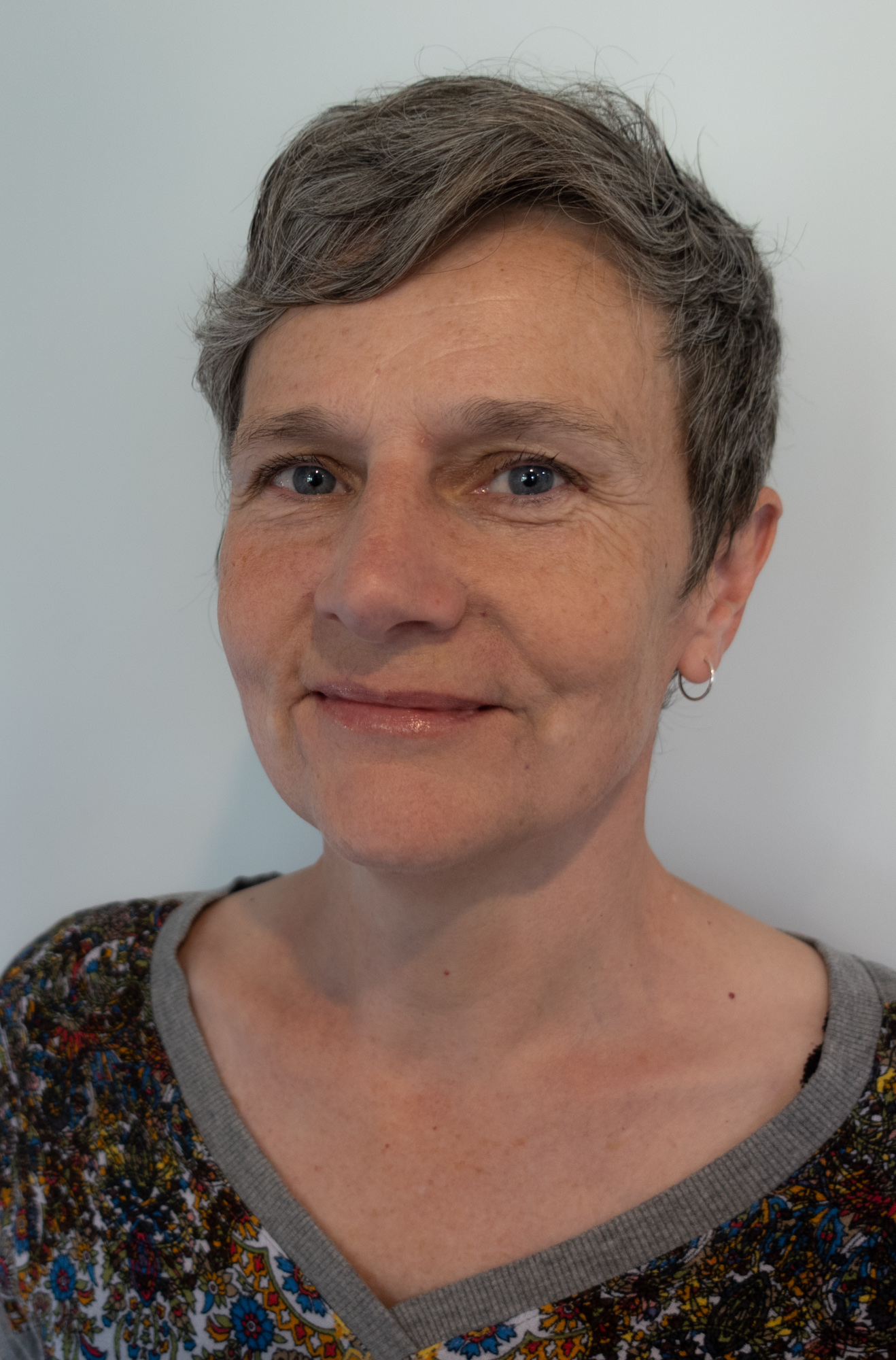Workshop Agenda | Presenters
Pre-Workshop Computational Sessions
December 5th: Genotype calling and mapping tools
December 12th: QTL Analysis tools
December 19th: Genomic Selection, Visualization, and Haplotyping from sequence data
Agenda
| January 10 | ||
|---|---|---|
| Time (US Pacific) | Presenter | Topic |
| 8:30 | David Byrne | Introduction |
| 8:45 | Dorrie Main and Delany Baum | Community Resources website |
| 9:00 | Cris Taniguti, et al. | Reads2Map Updtes: Benchmarking GBS bioinformatic pipelines for polyploids using linkage maps |
| 9:30 | Dongyan Zhao | Development of mid-density genotyping platforms and microhaplotype database for specialty crops and animals in North America |
| 9:45 | Manoj Sapkota, et al. | A public mid-density genotyping platform for blueberry (V. corymbosum L.) |
| 10:00 | BREAK | |
| 10:15 | Peter Bourke | Mapping a translocation in a triploid population using polymapR; Screening for non-additive QTLs using polyqtlR |
| 11:45 | David Gerard | Bayesian tests for segregation distortion in experimental tetraploid populations |
| 12:00 | LUNCH | Office hours online |
| 1:00 | Marcelo Mollinari Gabriel Gesteira Guillerme da Silva Pereira Zhao-Bang Zeng | Introducing MAPpoly2 and Presenting Improvements in QTLpoly |
| 2:00 | Cris Taniguti | VIEWpoly Updates: an interactive visualization tool for linkage analysis results of diploid and polyploid species |
| 2:15 | Harpreet Kaur et al. | Construction of a SNP-based genetic linkage map in alfalfa using three different reference genomes |
| 2:30 | Cris Taniguti, Jeekin Lau | Ploidy and aneuploidy determination in a collection of Rosa sp. accessions and the impact of aneuploidy on linkage analysis |
| 3:00 | BREAK | |
| 3:15 | Alexander Sandercock | Development of a mid-density genotyping platform for alfalfa and its application in a drought toleracne breeding program |
| 3:30 | Marcelo Mollinari | Tools for Polyploids PLUS |
| 4:00 | Poster session #1 | |
| 5:00 | David Byrne | Announcements and adjournment |
| January 11 | ||
|---|---|---|
| Time (US Pacific) | Presenter | Topic |
| 8:30 | David Byrne | Welcome and announcements |
| 8:45 | Shufen Chen | Development and validation of a mid-density genotyping platform for cranberry (V. macrocarpon) |
| 9:00 | Jeff Endelman | COMA: Convex Optimization of mat allocation to maximize genetic merit with inbreeding constraints |
| 9:45 | Tim Millar | The effect of allele frequency estimates on genomic relatedness following VanRaden method one |
| 10:00 | BREAK | |
| 10:30 | Cesar Medina | Genetic diversity and population structure in the developing of regionally adapted alfalfa germplasm pools |
| 10:45 | Tim Millar | Haplotype assembly |
| 11:45 | Jeewan Pandey | Genetic basis of stem-end chip defects and strategies for implementation of genomic selection in potatoes |
| 12:00 | LUNCH | |
| 1:00 | Muyideen Yusuf | Improving genomic prediction of quality traits with image-based analysis in potato (S. tuberosum) |
| 1:15 | Felipe Ferrao | Genomic prediction in an autotetraploid and outcrossing crop: blueberry |
| 2:00 | Simon Fraher | Advances in marker-assisted and genomic selection in the North Carolina State University sweetpotato breeding program |
| 2:15 | Mitchell Feldmann | Genomics-assisted breeding of strawberries |
| 3:00 | BREAK | |
| 3:15 | Jeekin Lau | Diversity of Texas A&M University rose breeding program material and genomic selection of key traits |
| 4:00 | Poster session | |
| 5:00 | David Byrne | Adjournment |
Presenters
 | Dr. David Byrne (PD), the Basye Endowed Chair in Rose Genetics, and a Professor in Horticultural Sciences at Texas A&M University. He works internationally in Prunus and Rosa breeding and genetics. He led the SCRI Combating Rose Rosette Disease project, worked with the SCRI RosBREED 2 project, and currently chairs the National Clean Plant Network for Roses. He routinely works with numerous scientists, private breeding programs, ornamental nurseries, marketers, and producers as well as ornamental hobbyist groups. He has, in collaboration with Dr. Klein, developed a GBS pipeline for Rosa, created high density rose maps, and is working with Dr. Riera-Lizarazu to incorporate genomic approaches (MAB, GWAS, GS) into the rose breeding program to enhance disease resistance (RRD, black spot, cercospora), flower productivity, and horticultural quality of roses. Over the past decade, he has mentored 18 graduate students, published 37 refereed and 27 non-refereed publications, has given about 140 talks, and released 23 Prunus and 6 Rosa cultivars. He reaches out to the rose community via Facebook and with Rose Updates. He is the Project Director and will coordinate the training aspects of the project and work with Drs. Riera-Lizarazu and Klein on the validation of the computational tools on multiple rose datasets. He will discuss the unique challenges of the polyploid crop breeding community and summarize survey results on the status of genomics-assisted breeding among our community. |
| Delany Baum, Project Coordinator: Delany graduated from the University of North Texas in 2020 with a Master of Science degree in Environmental Science. She has a background in environmental education and has conducted research in the fields of plant physiology, ethnobotany, and ecology. Delany is the project coordinator for the Tools for Polyploids project and oversees the project's social media pages and website. | |
 | Dr. Dorrie Main is a Professor of Bioinformatics in the Department of Horticulture at Washington State University. She runs a highly collaborative, multi-disciplinary research program that has been funded through public (NSF, USDA) and industry (cotton, tree fruit, and legume) sources. The research develops database resources for specific crops (e.g., Genome Database for Rosaceae, CottonGen, Citrus Genome Database, Cool Season Food Legume Database, Genome Database for Vaccinium), online computational tools (e.g. GenSAS), sequence analysis pipelines (e.g. RefTrans), and generic database platforms (e.g. Tripal). The lab also identifies genomic regions and markers controlling important traits and studies genome evolution (e.g. synteny analysis in horticultural crops). All of these efforts seek to provide genomic, genetic, and breeding resources to enable basic, translational, and applied research. They are active members of the AgBioData Consortium and host the AgBioData website. |
 | Dr. Cris Taniguti is a post-doctoral research associate in the Department of Horticultural Sciences at Texas A&M University. Her current work focuses on the development of bioinformatics workflows to perform SNP and dosage identifications comparing software efficiency. She also develops the VIEWpoly app, a graphical environment to evaluate linkage map and QTL analysis results. She is the current maintainer of OneMap, an R package to build linkage maps in F1 diploid outcrossing populations. Cris will be helping attendees with the SCRI Polyploid Computing Support Group. |
 | Originally with a background in physics and pure mathematics (UCC Cork, Ireland), Dr. Peter Bourke has also trained in horticulture and permaculture design. He worked for over four years in vegetable seed production and genetic resource conservation with the Irish Seed Savers Association, Ireland. Peter gained a Master’s degree in Plant Sciences from Wageningen University & Research in the Netherlands and continued with doctoral research into polyploid quantitative genetics and mapping under the guidance of prof. dr. Richard G.F. Visser, Dr. Chris Maliepaard and Dr. Roeland E. Voorrips. He graduated in 2018 and now works as a researcher and lecturer in the Plant Breeding group in Wageningen. |
 | Dr. Marcelo Mollinari is a Senior Research Scholar at North Carolina State University working with genetic complex polyploids. He is the creator and maintainer of the R package MAPpoly, which will be one of the topics of the Tools for Genomics-Assisted Breeding in Polyploids Training Workshop. Marcelo also co-created OneMap, an R package for linkage mapping in outcrossing species. In 2008, Marcelo started working on the genetics of polyploids at the University of São Paulo, Brazil. He published works on assessing dosage-based markers in sugarcane and assisted the development of the software SuperMASSA. In 2014, he was a Visitor Researcher at Purdue University where he continued his studies on genetic linkage in polyploids, with a particular focus on high-level ploidy species. In 2016, he started to work on the Genomic Tools for Sweetpotato Improvement project, being responsible for the genetic mapping of several biparental hexaploid sweetpotato populations. During that project, he implemented MAPpoly and built three ultra-dense multilocus genetic maps with the reconstruction of the full haplotypes of the parents and offsprings. The resulting maps served as the basis to study the inheritance patterns and meiotic behavior of sweetpotato as well as QTL and genomic selection. He also consults with researchers from several other polyploid species, such as potato, forage crops, kiwifruit, and strawberry. To check Marcelo's work, computer codes, datasets, and presentations, please visit his GitHub page at https://github.com/mmollina. |
 | Dr. Gabriel Gesteira is a postdoctoral research scientist at North Carolina State University (NCSU). He has a Ph.D. in Plant Breeding and Genetics from the “Luiz de Queiroz” College of Agriculture, University of São Paulo (ESALQ/USP), and is the current maintainer of QTLpoly, an R package for QTL mapping in autopolyploids. His current work focuses on the development of computational tools and their application for linkage analysis, QTL mapping, and genomic prediction in polyploid species. Gabriel's interests involve polyploidy, plant breeding, quantitative genetics, statistical genetics, and programming. |
 | Guilherme da Silva Pereira (Gui) is a biologist with a Ph.D. in Genetics and Plant Breeding from the University of São Paulo and has been working with genetic analysis of polyploid species for almost ten years. Currently, he works as a molecular breeder at the International Potato Center (CIP-Kenya). Gui and his team led by Prof. Zhao-Bang Zeng from North Carolina State University developed the QTLpoly package as part of the Genomic Tools for Sweetpotato (GT4SP) project. The QTLpoly (https://github.com/guilherme- pereira/QTLpoly) allows the detection of multiple quantitative trait loci (QTL) by means of random-effect models. His presentation will cover the basis and interpretation of multiple QTL mapping in autopolyploid full-sib populations. Script examples will be presented for both simulated and real datasets, following the integrated map generated by MAPpoly. |
| Dr. Zhao-Bang Zeng is Williams Neal Reynolds Distinguished Professor at North Carolina State University. He was trained in theoretical and statistical quantitative genetics with Prof. Bill Hill of Edinburgh University (PhD 1986) and Prof. C. Clark Cockerham of NC State University (Postdoc 1986-1990). Early in his career, he made fundamental contributions in statistical methods to map quantitative trait loci (QTL) by introducing composite interval mapping (1993,194), multiple interval mapping (1999) and multiple trait mapping analysis (1995). His current research interests include QTL mapping with epistasis, plant breeding design and genomic prediction with epistasis, polyploidy linkage and QTL analysis, and systems genetics analysis. Recently supported by Bill & Melinda Gates Foundation on Genomic Tools for Sweetpotato Improvement (GT4SP), his team developed MAPpoly and QTLpoly for constructing complete linkage map and haplotypes and for QTL mapping in full-sib families of complex polyploid species (2X, 4X, 6X and 8X). | |
 | Dr. Jeekin Lau is a post-doctoral research scientist at Texas A&M University. I currently work on utilizing and comparing available genetic tools for tetraploid roses. I have experience using tetraploid SNP-array-based genotyping, genotype calling, linkage mapping, and QTL mapping for disease and horticultural traits. Jeekin will be helping attendees with the SCRI Polyploid Computing Support Group. |
 | Dr. Jeffrey Endelman, Co-Director: Jeffrey Endelman is an Associate Professor at the University of Wisconsin--Madison and leads the university potato breed program. He is a co-developer of 16 potato varieties and several software packages for genomics-assisted breeding, including rrBLUP, GWASpoly, polyBreedR, and diaQTL. Endelman has co-authored 35 publications and served on the graduate thesis committees of 26 students. He is a member of the editorial boards for Genetics, Theoretical and Applied Genetics, and The Plant Genome. |
 | Tim Millar is a member of the Bioinformatics team at Plant and Food Research and a Ph.D. student at Otago University, New Zealand. His interests include statistical genetics, Bayesian statistics, and software development. His Ph.D. topic is on identifying selective sweeps in a mixed-ploidy Kiwifruit (Actinidia spp.) breeding program. |
 | Dr. Susan Thomson is a senior Bioinformatician and researcher at The New Zealand Institute for Plant & Food Research (PFR). Susan started her plant research life as a member of the PFR team involved in the International Potato Genome Sequencing Consortium that published the potato genome and high-density linkage map. She then moved into the field of Bioinformatics to continue analysis of genomic and genetic data from several polyploid crop species including potato, kiwifruit and blueberry. She is now part of a team that is focused on the application of sequence-based genotyping and haplotyping to polyploid breeding material as well as investigating the genomics and genetics of inter-specific polyploid hybrids. |
